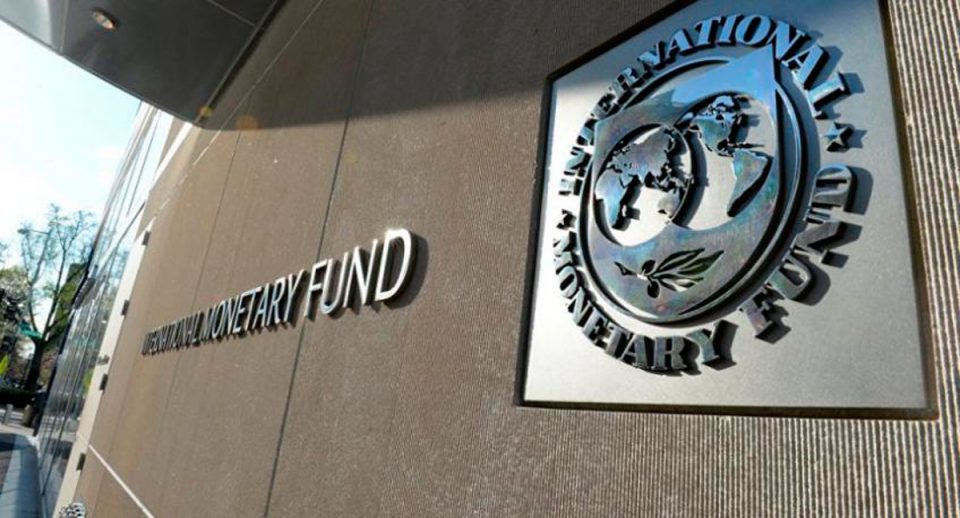Following the devastating effect of coronavirus pandemic, the global economic growth has been projected at –4.9 per cent in 2020, 1.9 percentage points below the April 2020, according to World Economic Outlook (WEO) forecast.
WEO is a report by the International Monetary Fund (IMF) that analyses key parts of the IMF’s surveillance of economic developments and policies in its member countries.
The report also said that the COVID-19 pandemic has had a more negative impact on activity in the first half of 2020 than anticipated, and the recovery is projected to be more gradual than previously forecast.
It added that in 2021, global growth is projected at 5.4 per cent. Overall, this would leave 2021 Gross Domestic Products (GDP) some 6½ percentage points lower than in the pre-COVID-19 projections of January 2020. The adverse impact on low-income households, it said, is particularly acute, imperiling the significant progress made in reducing extreme poverty in the world since the 1990s.
The report states: “As with the April 2020 WEO projections, there is a higher-than-usual degree of uncertainty around this forecast. The baseline projection rests on key assumptions about the fallout from the pandemic. In economies with declining infection rates, the slower recovery path in the updated forecast reflects persistent social distancing into the second half of 2020; greater scarring (damage to supply potential) from the larger-than-anticipated hit to activity during the lockdown in the first and second quarters of 2020; and a hit to productivity as surviving businesses ramp up necessary workplace safety and hygiene practices. For economies struggling to control infection rates, a lengthier lockdown will inflict an additional toll on activity. Moreover, the forecast assumes that financial conditions—which have eased following the release of the April 2020 WEO—will remain broadly at current levels. Alternative outcomes to those in the baseline are clearly possible, and not just because of how the pandemic is evolving. The extent of the recent rebound in financial market sentiment appears disconnected from shifts in underlying economic prospects—as the June 2020 Global Financial Stability Report (GFSR) Update discusses—raising the possibility that financial conditions may tighten more than assumed in the baseline.



